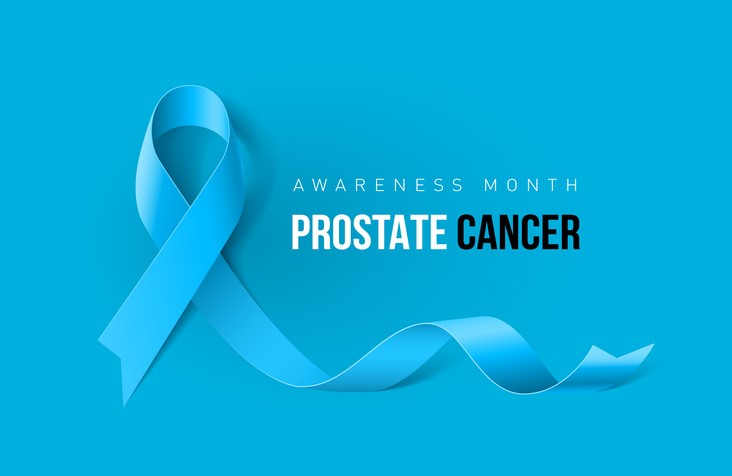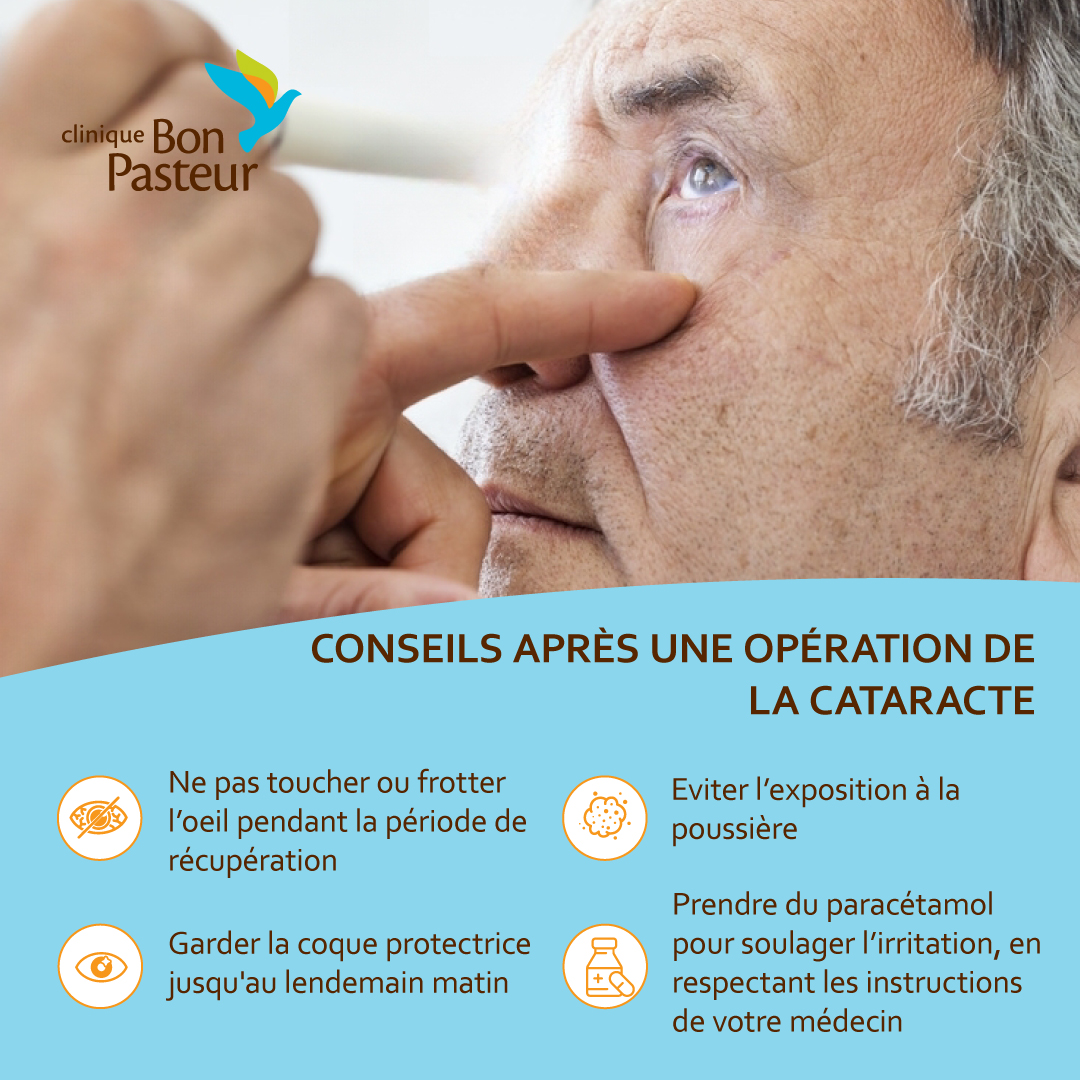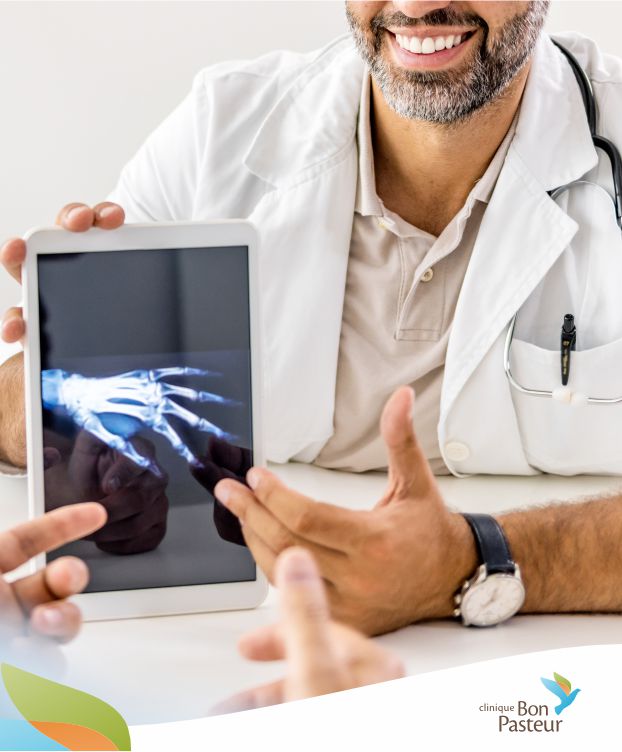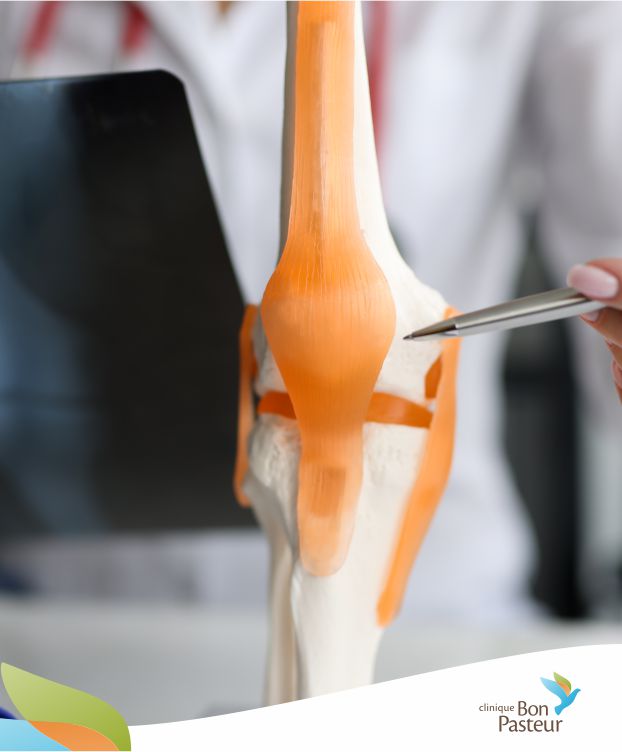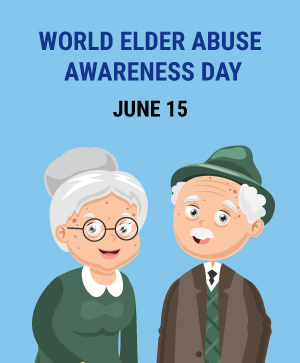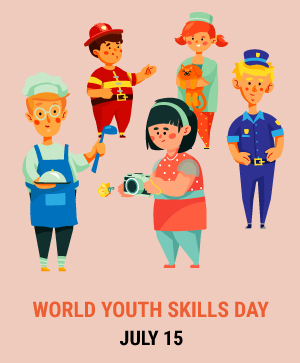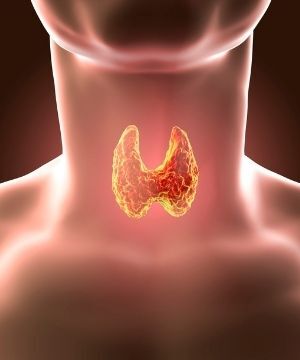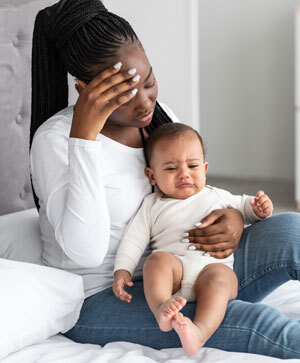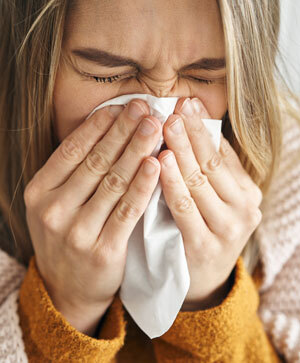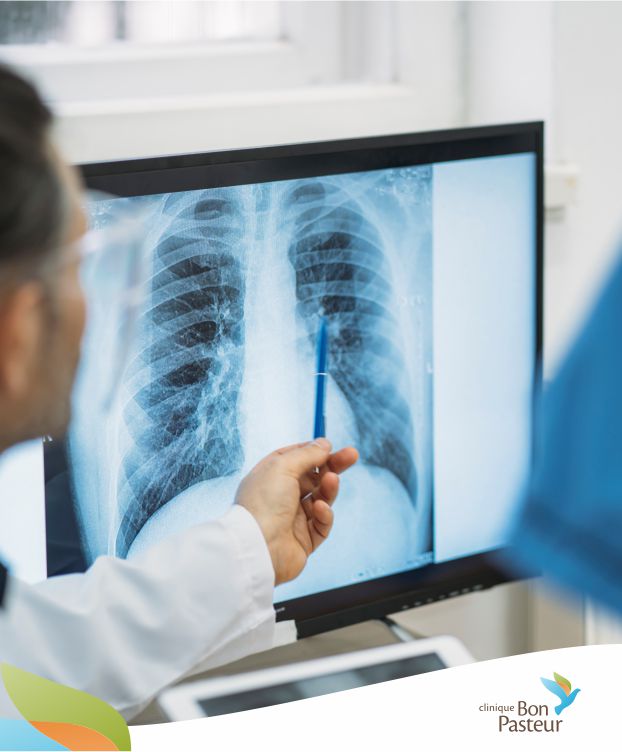Post-Confinement: How to manage one’s stress as parent when kids are back to School
June 2, 2021
Some parents are worried! It should be noted, however, that this anxiety does not particularly come from the fact that their kids might be exposed to COVID-19. Indeed, in response to questions related to that, several parents admit that they are not worried, as of now, of COVID-19, but acknowledge that they will be when our borders will re-open, or if there is a second COVID 19 wave in Mauritius.
But we’re not there yet! Indeed, several parents with young children admit that the source of their anxiety is rather about the idea of being separated from their toddlers, with whom they have developed a very strong attachment during lockdown. Estelle, a young mother, relates: “When leaving my son at the nursery, I thought he would have been torn apart, but he was happy to be surrounded by young kids of his age. I quickly realised that I was the one being torn apart, and that I had to take care of myself! »
Julien Quenette, Doctor in developmental psychology and consultant at Bon Pasteur Clinic, acknowledges this. “Preparing children adequately is, above all, preparing parents adequately. As the French paediatrician and psychoanalyst Françoise Dolto said, if you want children to be well educated, start by treating the parents”.
But how can we put this into practice in the case of toddlers getting out of lockdown? As the psychologist explains, “one has to be able to let go and keep in mind that a child needs to be with other young children for his personal development. But above all, we must be able to talk to our children about how we feel, and use this situation to practice putting words on our emotions in family, and start doing this when kids are still very young. This is not about transferring our stress to our little ones, but talking about it. As a matter of fact, not talking about it also conveys emotions, and this can indirectly affect kids even more. ”
So, if a parent is stressed or even anxious about having to be separated from his/her young child when classes resume, it is a great opportunity to sit with the family and share this emotion. “In our society, we are afraid to talk about how we feel, and about what can be perceived as a sign of weakness. However, when we talk about it, children are encouraged to voice out their feelings and emotions that can be perceived as a weakness. In addition, this is a fantastic way of developing the emotional intelligence of our little ones: putting into words one’s own emotions and feelings so as to better manage these.”
COVID-19’s related anxiety might be back when the country re-opens its borders, and we must be able to prepare our children accordingly. “It is precisely through dialogue with our children that we can better prepare them and better prepare ourselves for this situation. But it is important to be able to be honest with our children, from an early age. And if this attachment bond has allowed some families to refocus on themselves during lockdown, it is now appropriate, as confinement is gradually coming to an end, to be able to cultivate this bond by keeping moments for the family. ”
Capture our emotions into words. With our kids. That’s the key…
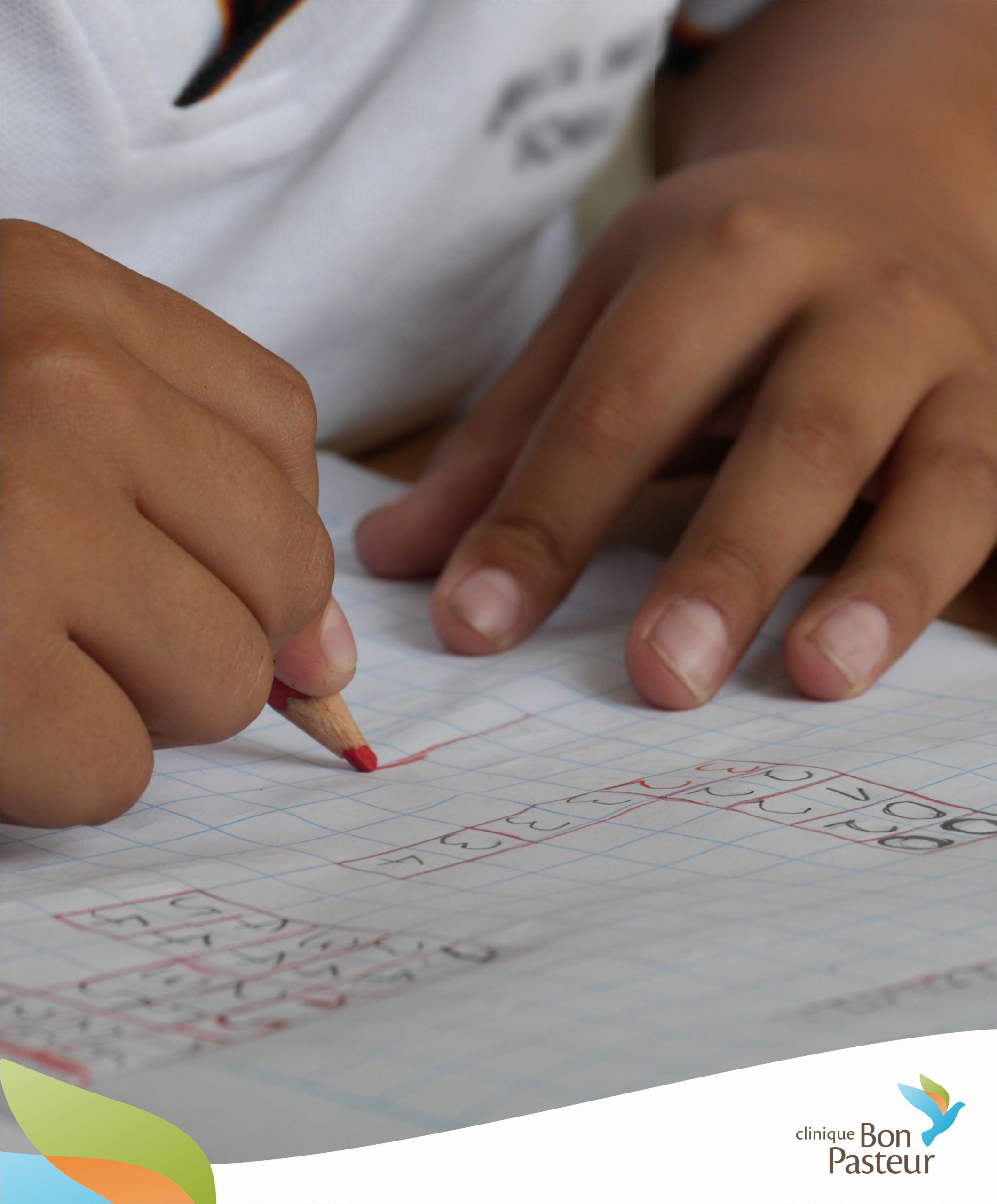
Related Article
